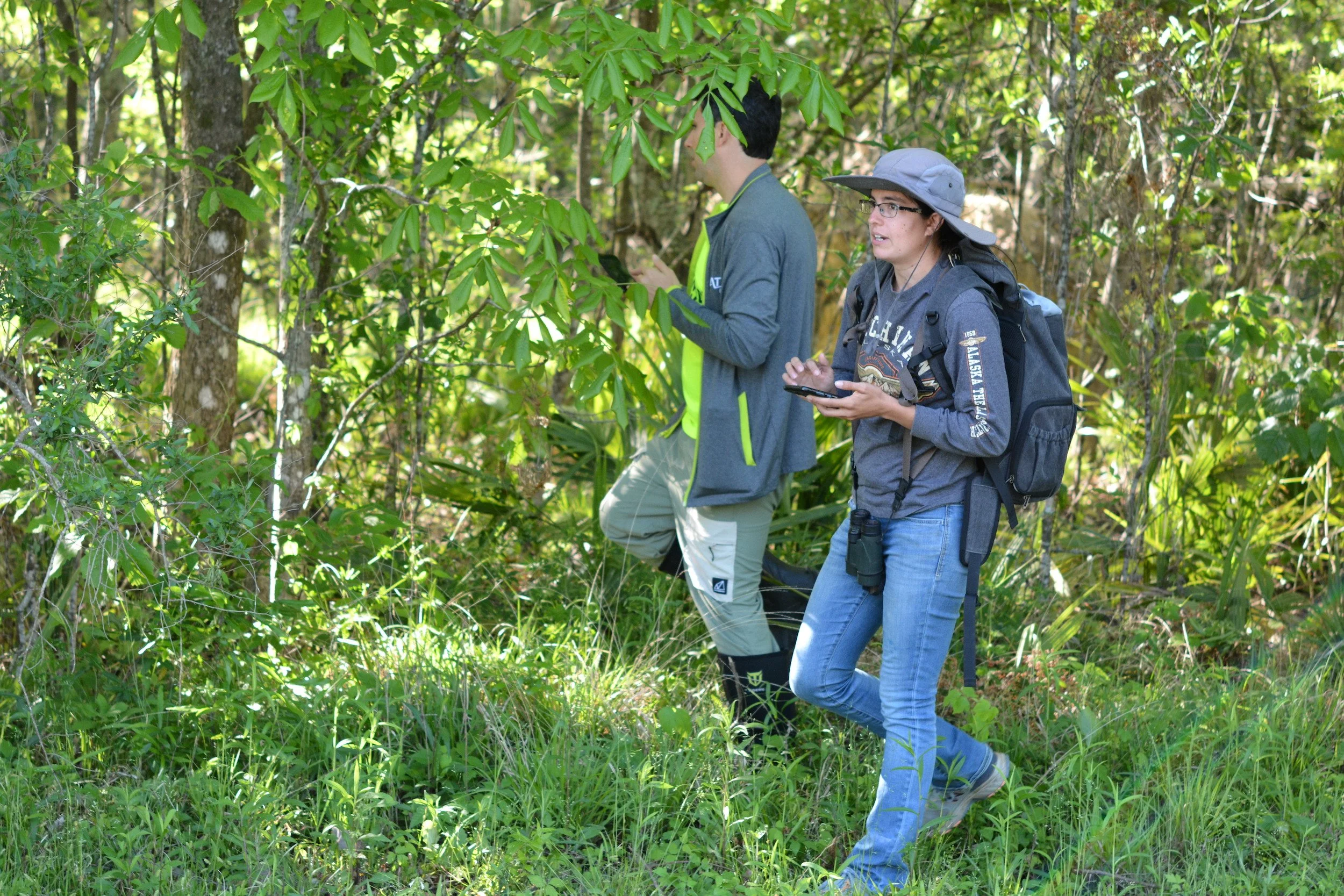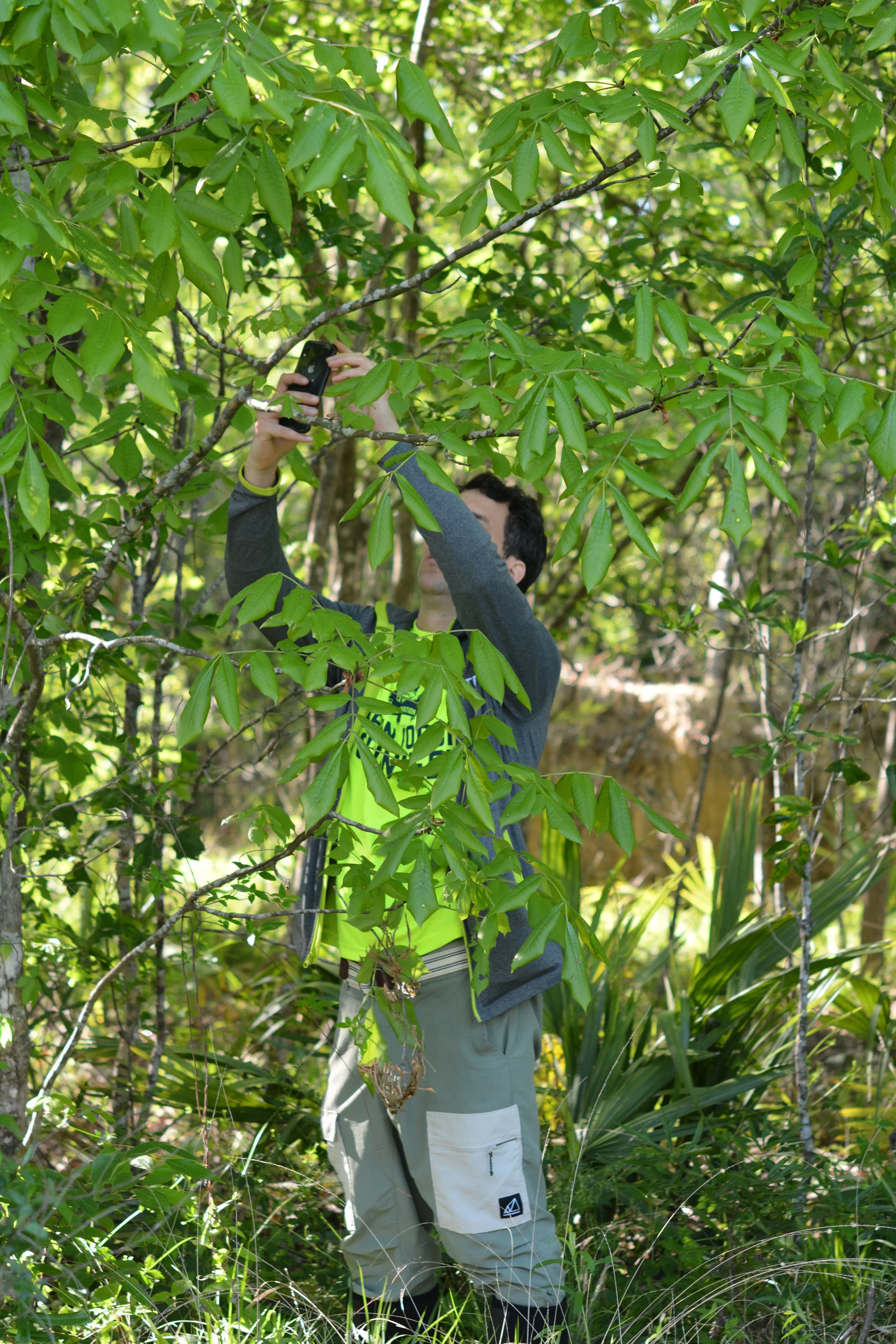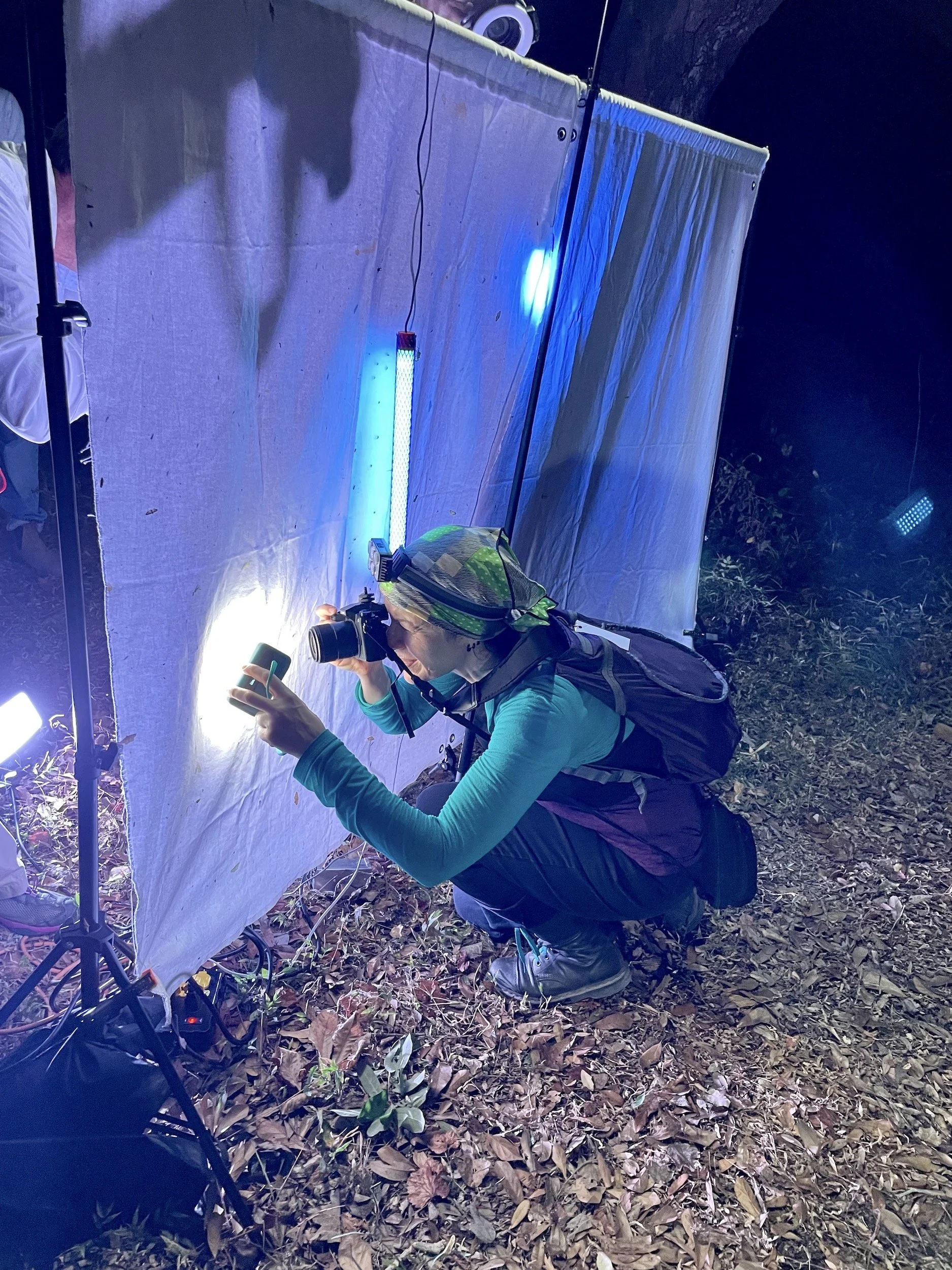Earn Service Hours During the City Nature Challenge
April 24 - 27, 2026
Anywhere in Southeast Louisiana! View the project area on the map in our iNaturalist project.
Volunteering during the City Nature Challenge is a great way to earn service hours while also feeling the restorative effects of being in nature. We need people to collect biodiversity data in iNaturalist. The photos you upload into iNaturalist become excellent data for planning and research.
Simply photograph plantlife and wildlife and load them into the iNaturalist app or iNaturalist.org.
You can load your photos right into the iNaturalist app as you go along, or, if reception is poor, or you want to take time to sort through your photos first, upload them later into the iNaturalist app or iNaturalist.org website when you have wifi. Photos must be taken April 24-27 and uploaded before May 10.
Wild organisms, only please! No pets or landscape plants. Please see our Tips for Good Observations.
Guided volunteer opportunity
Sign up for one of our City Nature Challenge partner events and take photos of wild plants and animals during them.
Partner Events
Self-guided Volunteer opportunity
You pick the place and how long you volunteer! Bring your friends that are obsessed with snakes, birds, botany, bugs, mushrooms, etc. to make it more fun!
Here are some ideas…
Park survey
Visit a public park, trail, or conservation area and document the plants, animals, insects, mushrooms, etc. that you find.
You can also survey private land as long as you have permission of the landowner.
Aquatic survey
Get a net and a clear container and survey a creek, pond or lake for aquatic macroinvertebrates, fish, and amphibians.
A clip-on magnification lens for your phone is helpful for photographing small macroinvertebrates.
nocturnal light survey
Hang a sheet with any kind of bright or black light shining on it and document the critters that land on it throughout the night.
Many nocturnal insects are attracted to lights, like beetles and moths. You will find more diversity in areas with lots of trees, meadows or shrubs, and/or water nearby.
If you are on a campus, try checking for moths at stadiums or courts when there is a night game.
Make IDENTIFICATIONS
April 24 - May 10
Good data is the name of the game. Making identifications of the observations posted to our project is an extremely helpful contribution to the City Nature Challenge.
Grab your field guides a pizza and get an ID party started with your fellow students!
Make observations April 24-27.
ID Week - Make identifications April 24 - May 10.
Request Your Certificate
To request a certificate of participation, send a message through iNaturalist to @amberenergy and include your iNaturalist user name, how long and where you volunteered, and which school or organization you are earning service hours for. Feel free to include a fun photo if you want to share that with our team!



